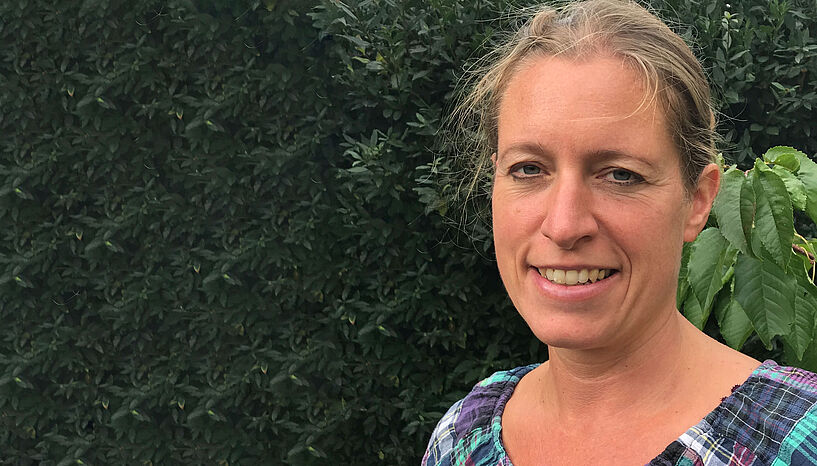Univ.-Prof. Dr. phil. Barbara Schulte

Professur für Schul- und Bildungsforschung mit besonderer Berücksichtigung des internationalen Vergleichs an der Fakultät für Philosophie und Bildungswissenschaft und am Zentrum für Lehrer*innenbildung
Curriculum Vitae:
2000 M.A., Sinology, German and English Studies, Humboldt University of Berlin (after studies at the University of Cologne, Humboldt University of Berlin, Nanjing Normal University, Nanjing University, and The Nanjing Institute of Education)
2000-2005 Assistant Lecturer at Department of Comparative Education, Humboldt University of Berlin
2005-2009 Research Fellow at Collaborative Research Centre 640, Humboldt University of Berlin, with research project on vocational education in China and Argentina
2007 Dr. phil., Comparative Education, History, and Sinology, Humboldt University of Berlin
2009-2011 Assistant Professor at Centre for East and South-East Asian Studies, Lund University
2010-2011 PI in project on de-/regulation of education in China (funded by Crafoord Foundation)
2011-2012 Acting Professor at Department of Comparative Education, Humboldt University of Berlin
2012 Docent (equivalent to Austrian/German Habilitation) in Education, Lund University
2012-2013 Associate Professor at Nordic Institute of Asian Studies (NIAS), University of Copenhagen
2012-2015 PI in project on private schools in urban China (funded by Riksbankens Jubileumsfond)
2013-2018 Co-investigator in project on the digital society in China (funded by Swedish Research Council)
2016-2019 PI in project on ethnic minority education in Southwest China (funded by Crafoord Foundation)
2018-2019 Research group co-leader (comparative curriculum research) at Department of Education, Uppsala University
2012-2020 Associate Professor of Education at the Department of Sociology, Lund University
since September 2020 Professor of Comparative Research on Education and Schooling, Department of Education, University of Vienna
Research Areas:
* Education as national and global instrument of governance – including: deregulation, privatization, and marketization of education; PISA (Programme for International Student Assessment) as policy tool
* Education in developing contexts – in particular, South-South cooperation and China’s engagement in Africa
* Education, innovation and new technologies – including the use of ICT4E (information and communication technologies for education) in impoverished/disadvantaged areas
* Education, migration and ethnic minorities, with regional focus on Southwest China
"By understanding how the school and the society interact under different circumstances across the world, we hope to contribute to greater educational quality and equality, and thereby to greater social justice." (Barbara Schulte)
